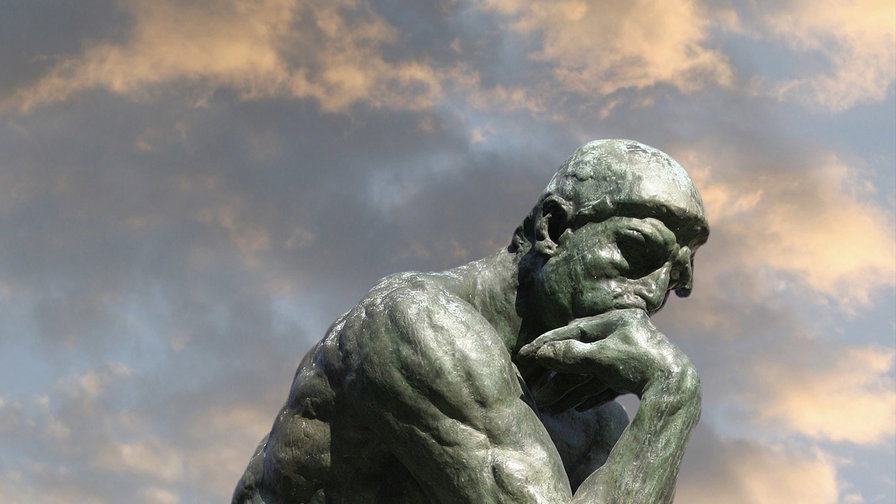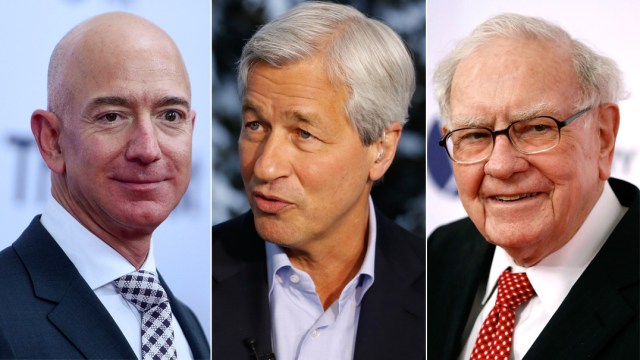10 philosophers with complex views on love

Philosophers aren’t particularly renowned for having successful love lives, but some have become hopeless romantics — and others misanthropes. Here we have 10 philosophers who have written on or been heavily influenced by love in both their work and their personal lives.
Bertrand Russell

The third Earl Russell was an analytic philosopher whose ideas on modern love, such as his support for gay rights, were so scandalous that when he explained them in his book Marriage and Morals (1929) he found himself unemployable.He was married four times and carried on numerous affairs during his separation from his first wife. He found marriage to be an excellent institution, but one that should not be bound by Victorian norms. He continued to advocate for gay rights, free love, and new ways of thinking until his death.
“To fear love is to fear life, and those who fear life are already three parts dead.” — Marriage and Morals
Bell Hooks

An American author and feminist philosopher, hooks realized after breaking up with a few boyfriends that there was no proper text on love that she could have given them to help save those relationships. Like any good writer, she then set out to write it.
In All About Love: New Visions (2000), she argues that our modern definition of love is too watered down by overuse of the word. Working from the idea that love is a verb, she then suggests ways to improve our modern concept of love and prevent what hinders it. She notes with a fervor that power discrepancies and the differences in how men and women are expected to approach love are a particular problem.
“The fear of being alone, or of being unloved, had caused women of all races to passively accept sexism and sexist oppression.” — Ain’t I a Woman? (1981)
A.J. Ayer
Alfred Jules Ayer was a British logical positivist who held the Wykeham Professorship in Logic at Oxford University. He was married four times to three different women. Heartbroken by the death of his third wife he remarried his second wife, Alberta Wells, again a year before his death. He also had several affairs and at least one daughter out of wedlock.
Despite his affairs, he maintained standards for romantic conduct. At age 77, he saw then heavyweight champion Mike Tyson harassing a woman at a party he confronted the much younger boxer and allowed the woman to slip away.
Even logical positivists are capable of love.— as quoted in Profiles by Kenneth Tynan, 1989 edition.
Jean-Paul Sartre

Sartre was a French existentialist and the life partner of Simone de Beauvoir. In line with their modern lives and her second wave feminism, they had an open relationship which waxed and waned over 50 years. He, rather infamously, carried on affairs with proteges who were much younger than him. Despite never marrying, his love for Simone was evident, and he remarked at the end of his life on how wonderful it was to have known her for so long.
“You know, it’s quite a job starting to love somebody. You have to have energy, generosity, blindness. There is even a moment, in the very beginning, when you have to jump across a precipice: if you think about it you don’t do it.” — Nausea (1938)
Simone de Beauvoir

The longtime partner of Jean-Paul Sartre, Simone de Beauvoir was a romantic in her own right. She carried out nearly as many affairs as he did, and offered a feminist critique of the idea that what she was doing was in any way unacceptable. She did lose her teaching license for seducing her students, however. She found many aspects of love, romance, and marriage to be demeaning to women, and carried out her life in such a way as to correct the problem.
She is interned with Jean-Paul Sartre, wearing a ring given to her by her lover Nelson Algren.
“It was said that I refused to grant any value to the maternal instinct and to love. This was not so. I simply asked that women should experience them truthfully and freely, whereas they often use them as excuses and take refuge in them, only to find themselves imprisoned in that refuge when those emotions have dried up in their hearts. I was accused of preaching sexual promiscuity; but at no point did I ever advise anyone to sleep with just anyone at just any time.” — Force of Circumstances Vol. III (1963)
Søren Kierkegaard

Perhaps the most tragic romantic on this list. Kierkegaard fell madly in love with a young woman named Regine Olsen, who was also madly in love with him. He proposed marriage, but broke it off a month later, returning his engagement ring to her by mail. They were both devastated by his actions; she threatened suicide over it and he cried himself to sleep over his decision.
It is hypothesized that he feared he could not be a husband, writer, and Christian to the extent he wanted to be all at the same time. Knowing this, he chose to be the latter two. This anxiety over the lives we cannot live was a major part of this thinking. The romance would influence his writings for the rest of his life and, as he must have, he regretted it always.
“If you marry, you will regret it; if you do not marry, you will also regret it; if you marry or do not marry, you will regret both…” — Either/Or (1843)
Arthur Schopenhauer

Happy Hallowee–I mean, Valentine’s Day.
Despite his praise for the life of asceticism, Schopenhauer tried his hardest to have a decent social and love life. While his connections allowed for some success in the former case, he was rather luckless in the later. He viewed love itself positively, seeing it as one of the key motivations for human activity. His writings on the “will to life” foreshadowed Freudian notions of the id. Despite this attitude towards love, he still found a way to be pessimistic about it. He argued that most people would pick horrible spouses, have too many children, and end up miserable anyway.
“The final aim of all love intrigues, be they comic or tragic, is really of more importance than all other ends in human life.” — Schopenhauer
Osho Rajneesh
An Indian guru who attracted no small amount of controversy during his life. Contrary to most gurus who favor celibacy, Rajneesh favored a more liberal attitude towards sexuality as part of a path to overcoming sexual desire. He pointed out, as did Bertrand Russell before him, that sexual repression will only create a society obsessed with sex. Once a person is past that desire, they can truly focus on devolving universal love.
“Nobody can teach you love. Love you have to find yourself, within your being, by raising your consciousness to higher levels. And when love comes, there is no question of responsibility. You do things because you enjoy doing them for the person you love.” — Sat-chit-anand (1988)
Nietzsche

Friedrich Nietzsche is a philosopher we have spoken of many times before. However, his unsuccessful love life has escaped our observation before now. He proposed thrice to the same woman, Lou Salome. Her rejections crushed him, and other than the occasional expression of affection for Wagner’s wife he ended his romantic pursuits after Lou Salome refused him. He later pointed out, however, that the only significant philosopher who was married was Socrates; as powerful rebuttal of marriage for the intellectual as he could give.
Nietzsche lived alone for most of his sane life, did think marriage was a decent idea for most people but questioned their way of going about it. In Human, All too Human (1878) he proposed that serial marriage would be beneficial for men. His (alarmingly sexist) stances on women seem to suggest he favored marriage and domestic life for them.
“It is not a lack of love, but a lack of friendship that makes unhappy marriages.” —Beyond Good and Evil (1886)
The 14th Dalai Lama

While remaining a celibate monk, the Dalai Lama has lots to say about love. Although he sings the praises of avoiding sex and marriage, he does understand the attraction to the institution and uses the problems it has to help us understand his position. For him, the greatest use of love is to love the world and everyone in it, no matter how many difficulties life tosses at you. Despite the hardships of his life, he still strives to love everyone and encourages us to expand the circle of who we love.
“Love and compassion are necessities, not — Lhamo Dondrub, 14th Dalai Lama





